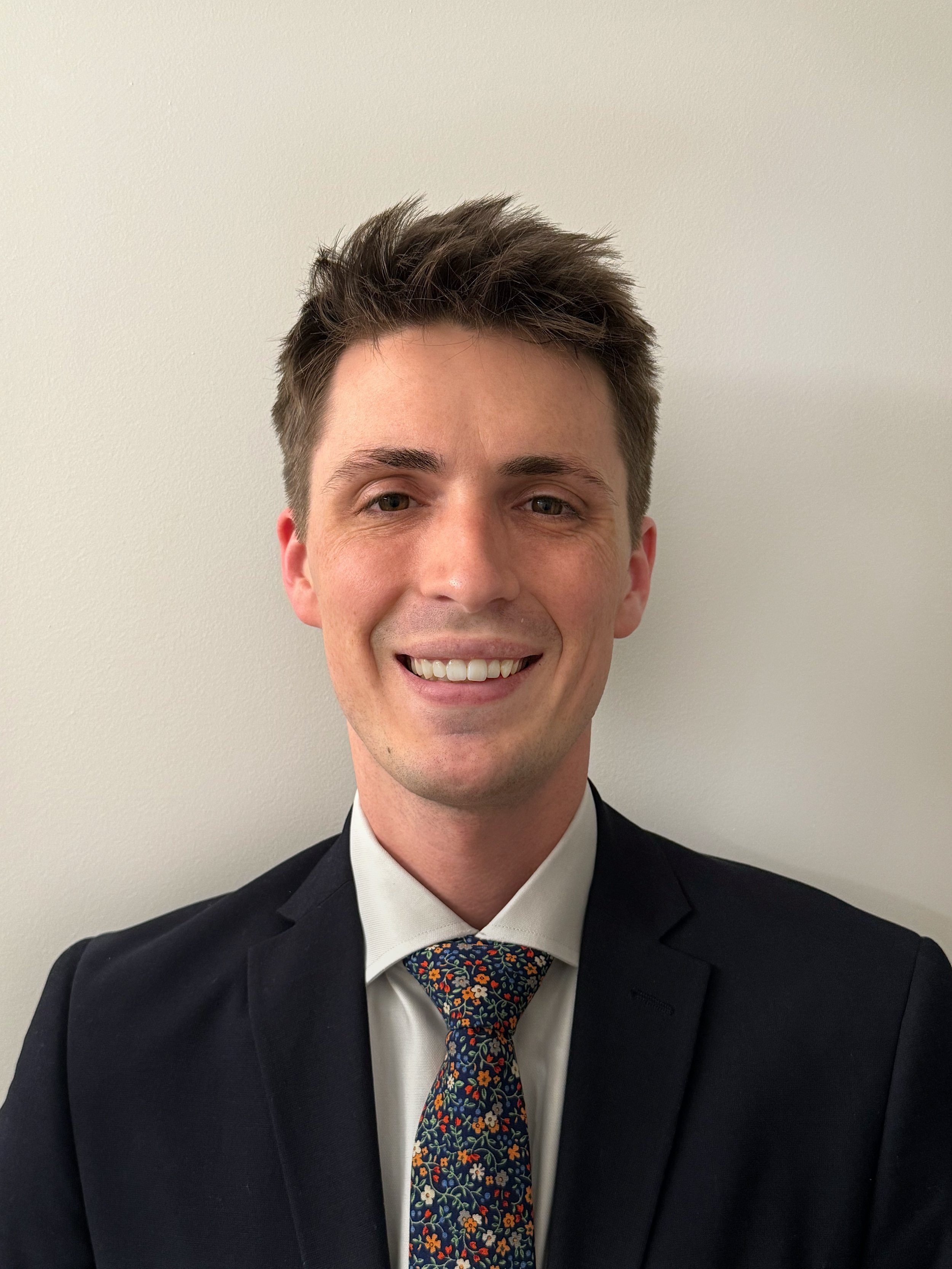A More Equal Path: Marriage Equality in Peru as a Method to Achieve De Soto’s Theories of Legal and Economic Harmony
Legal marriage across the globe offers individuals a host of civil benefits, including a bouquet of rights related to property. In Peru, for example, legally married couples enjoy the benefits of community property, survivorship, and interstate succession.[1] Legal spouses receive priority in inheritance orders for property too.[2] Married couples also have the option to choose between having community property within their relationship or a separation of estates.[3] Peru even has a system of ‘de facto unions,’ which offers community property privileges when a man and woman cohabitate for two consecutive years.[4] These formal legal benefits of marriage offer comfort, security, and opportunities for wealth generation.
Unfortunately, Peru does not legally recognize domestic same-gender marriages.[5] This legal inequality results in economic friction. When certain community members do not enjoy the same property rights as others, they often must take costly precautionary measures to protect their connection to property. Same-gender couples must engage in sophisticated, costly legal estate planning simply to have the default property rights afforded to different-gender married couples. “The absence of a legal system of efficient property rights is detrimental to all.” [6]
Hernando de Soto’s Theory of Legal Informality
In his wildly popular novel The Other Path, Peruvian economist Hernando De Soto raises concerns about the burdensome costs to individuals and Peru’s national economy when formal legal frameworks force some individuals to operate informally outside the governmental framework.[7] People excluded from legal formality suffer unique financial burdens. And this missed opportunity for investment is detrimental to Peru’s economic machine.[8] Economic gain is stalled when some people are arbitrarily denied opportunities to leverage property rights into capital. To circumvent this economic friction, de Soto reasonably asks for a formal property law system that welcomes—and learns from—communities typically excluded from legal formality.[9]
Marriage Inequality Leads to Economic Waste
A formal legal system is inefficient and costly when opportunities are not provided to all Peruvians.[10] Marriage inequality in Peru, like the exclusion of certain people from formal housing or corporate legal frameworks, is a hurdle to the country reaching its full economic potential. As De Soto underscores, protection of property by the formal legal system makes people at least 9 times more likely to invest.[11] People with secure, usable property rights can fully participate in markets. Those seeking to resolve the negative qualities of expectative property rights that exist in informal settlements, as De Soto warns about, should also consider how uncertainty in property rights for same-gender couples under Peru’s current legal framework impedes economic stimulation.[12]
Marriage is a deeply meaningful institution of love; it is also a legal vehicle that comes with valuable property right benefits. Without marriage equality, a queer person’s attachment and alienability of property can be dramatically altered if their partner unexpectedly dies. This uncertainty is unproductive and unjust. Peru must legalize domestic marriage equality for same-gender individuals to best achieve de Soto’s plan for a simplified, decentralized, and deregulated property law system that provides opportunities for all to have economic self-determination.
Colbey Carpenter is a staff member of Fordham International Law Journal Volume XLVII.
[1] Percy Castle Alvarez-Maza, Peru: International Estate Planning Guide, Private Client Tax Committee, International Bar Association (Oct. 2023), https://www.ibanet.org/document?id=International-Estate-Planning-Peru.
[2] Id.
[3] Id.
[4] Id.
[5] Same-Sex Marriage Around the World, Pew Research Center, (June 9, 2023), https://www.pewresearch.org/religion/fact-sheet/gay-marriage-around-the-world/.
[6] Hernando de Soto, The Other Path 57 (1989).
[7] Id. at 14.
[8] Id.
[9] Id. at 245-46.
[10] Id. at 57.
[11] Id. at 25.
[12] See id. at 24-26.
This is a student blog post and in no way represents the views of the Fordham International Law Journal.

